Delivery robots could provide major boost to UK economy and transform nation’s shopping habits, report
Expanding the use of self-driving robots to deliver groceries, food or even prescriptions could inject billions of pounds into the UK economy, create hundreds of skilled jobs and help those living in so-called “delivery deserts”, according to a new report.
Starship Technologies serves customers in the UK in Milton Keynes, West Yorkshire, Cambridgeshire, Northamptonshire and Greater Manchester. The company has committed to manufacturing a new fleet in the UK if the government acts to clarify regulation. Starship estimates it would need over 10,000 new robots to meet demand.
The report, conducted by Prysm Global, found that the expansion of the fleet of small autonomous robots could unlock: Potential £1.3 billion GVA for the UK economy by 2035; 555 new high skilled jobs by 2035, and almost £11 million in cumulative wages; A boost of £125 million in grocery spending, with underserved “delivery deserts” seeing the greatest uplift; A productivity gain equivalent to 300,000 working hours saved, generating £140 million in additional impacts.
According to a press release: "Though there are emerging laws around autonomous passenger and freight vehicles, low-weight, low-risk and low-speed devices that operate more like humans than cars are left in a grey area. Laws such as the Highways Act 1835 - which does not allow carriages to operate on pavements - creates uncertainty that hinders investment."
"Most of the economic benefits would go to regions including large “delivery deserts” on the edge of cities and towns where access to deliveries is low. Almost half of the economic boost would be felt in West Yorkshire and Greater Manchester, where just over a third residents live in delivery deserts."
Starship claims that robots would also transform high street spending by expanding the catchment area of customers who are less able currently to go to the shops - the disabled, parents with young children and carers. For every extra £1 spent in large cities due to the availability of robot delivery, £6 will be spent in delivery deserts, it states.
More than a third of the economic impact would benefit mayoral areas. Greater London could gain £116 million GVA, while the West of England would see the biggest per capita benefits at £36 million. The largest beneficiaries at local authority level include Birmingham and Bristol (both £19 million), Bournemouth (£16 million) and Cardiff (£15 million).
The report says legislation would also help the government generate investment in the advanced manufacturing sector - one of eight growth driving sectors targeted in the government’s industrial strategy.
Ahti Heinla, Co-Founder and CEO at Starship Technologies, says: “The government is right to focus on growing the tech sector, but it’s not all about data centres and generative AI. There’s a world of potential in embodied AI for both the economy and society - that’s what this report shows."
“We would love to make our robots in the UK. We’ll help with the growth mission, but we need to see the right regulatory approach and a desire to move quickly. Starship has been making deliveries in the UK since 2018, there has been no change during that time. It took Finland 18 months to implement regulation that has allowed a nationwide expansion. It would be a real missed opportunity if our sector was held back by laws from the 1800s."
“This report shows there is also huge economic potential in our sector. We can create jobs and growth to areas of the UK which don’t always see the benefits of tech investment."
Bridget Rosewell, Senior Adviser at Prysm Global, who oversaw the study, says: "Our analysis shows that creating a regulatory framework that would allow personal delivery devices to flourish would not just unleash a new tech sector, but bring clear economic benefits to the UK.”
“It would be good for customers, good for retailers, good for productivity, and good for high value jobs - a quadruple win. When growth is such a national priority, there is an overwhelming economic argument to free the robots."
2025 RTIH INNOVATION AWARDS
Autonomous delivery will be a key focus area at the 2025 RTIH Innovation Awards.
The awards. which are now closed for entries with our finalists and shortlists being announced last week, celebrate global tech innovation in a fast moving omnichannel world.
Our 2024 hall of fame entrants were revealed during an event which took place at RIBA’s 66 Portland Place HQ in Central London on 21st November, and consisted of a drinks reception, three course meal, and awards ceremony presided over by comedian Lucy Porter
In his welcome speech, Scott Thompson, Founder and Editor, RTIH, said: “The event is now into its sixth year and what a journey it has been. The awards started life as an online only affair during the Covid outbreak, before launching as a small scale in real life event and growing year on year to the point where we’re now selling out this fine, historic venue.”
He added: “Congratulations to all of our finalists. Many submissions did not make it through to the final stage, and getting to this point is no mean feat. Checkout-free stores, automated supply chains, immersive experiences, on-demand delivery, next generation loyalty offerings, inclusive retail, green technology. We’ve got all the cool stuff covered this evening.”
“But just importantly we’ve got lots of great examples of companies taking innovative tech and making it usable in everyday operations - resulting in more efficiency and profitability in all areas.”
Congratulations to our 2024 winners, and a big thank you to our sponsors, judging panel, the legend that is Lucy Porter, and all those who attended November's gathering.
For further information on the 2025 RTIH Innovation Awards, please fill in the below form and we will get back to you asap.

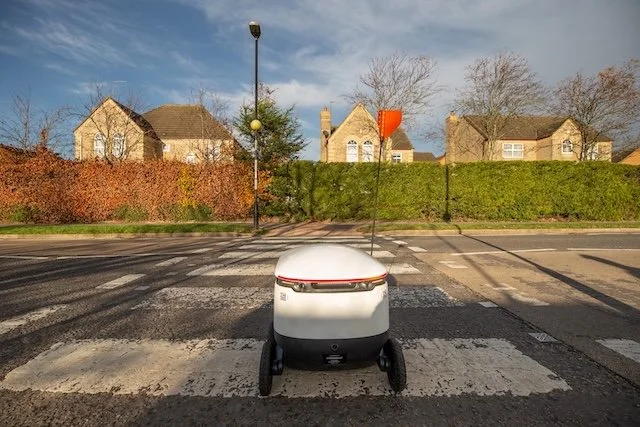
















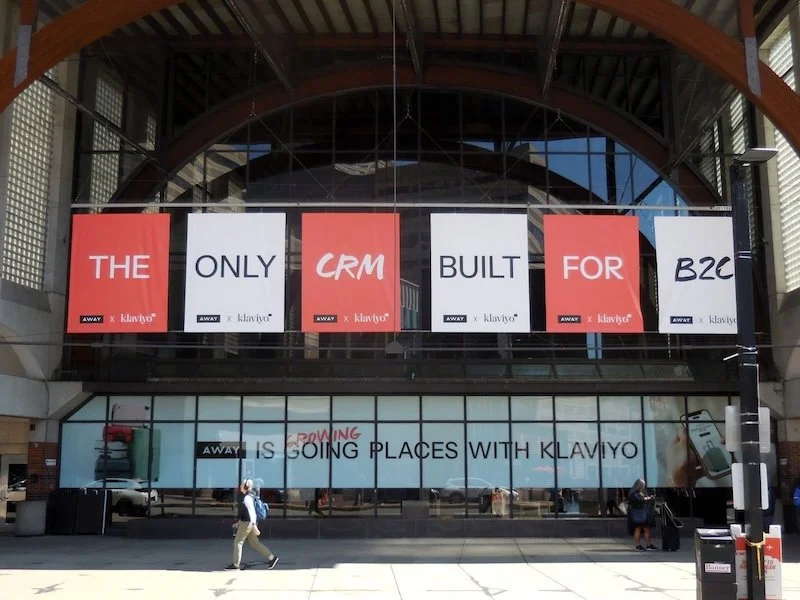


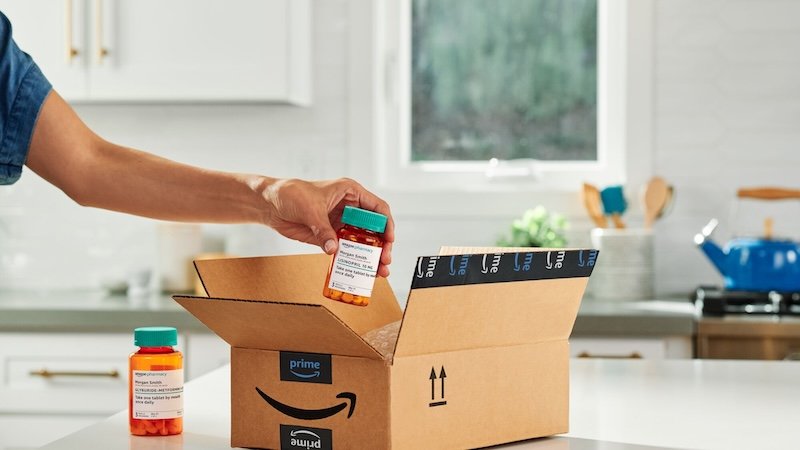
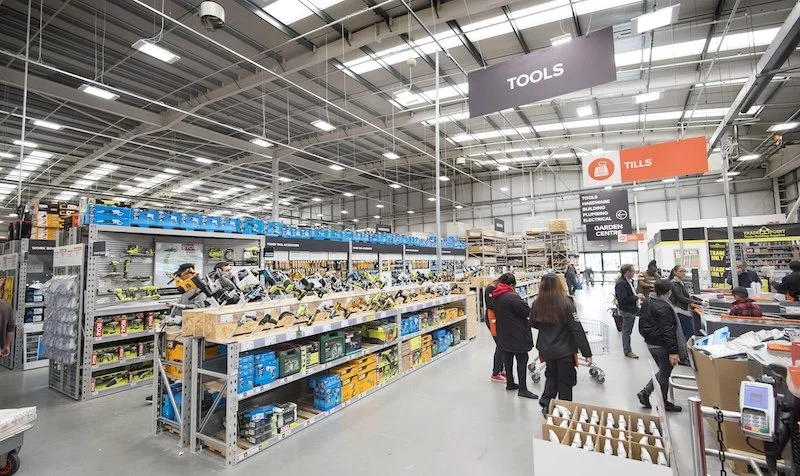

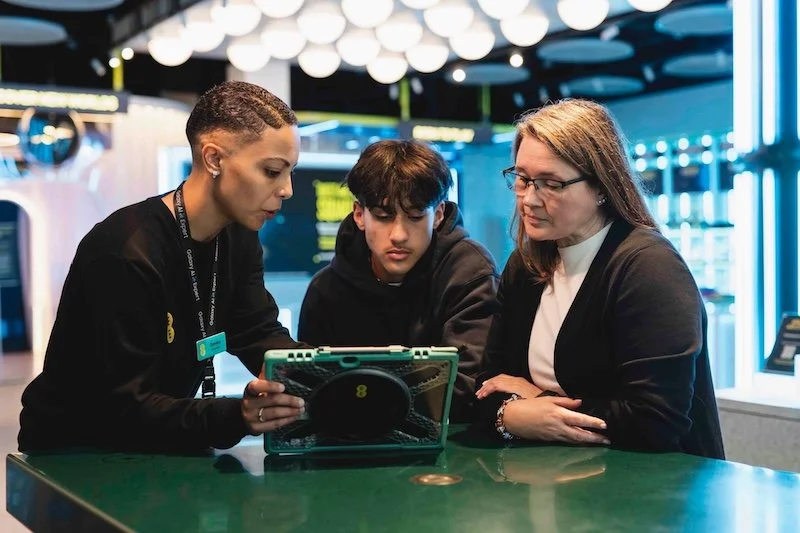

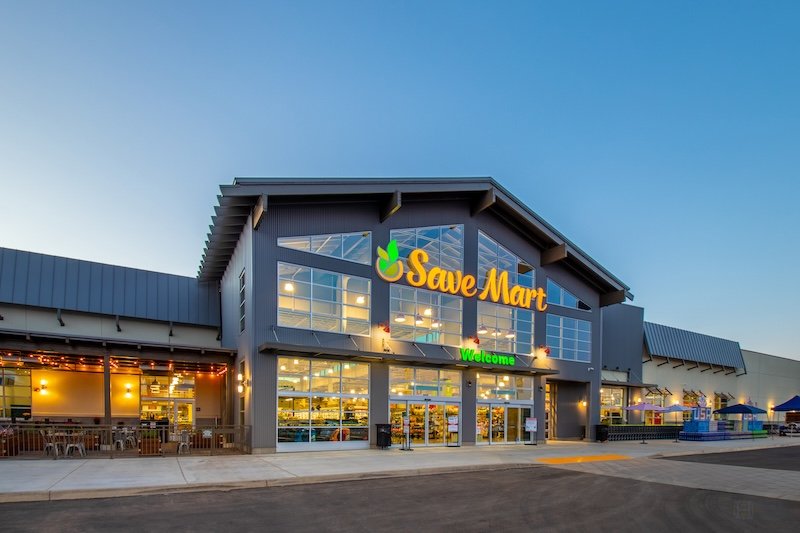

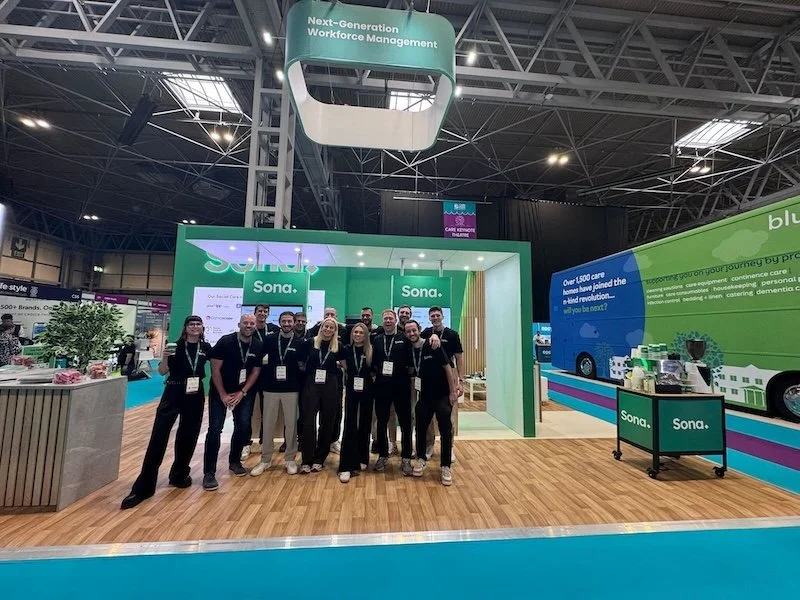

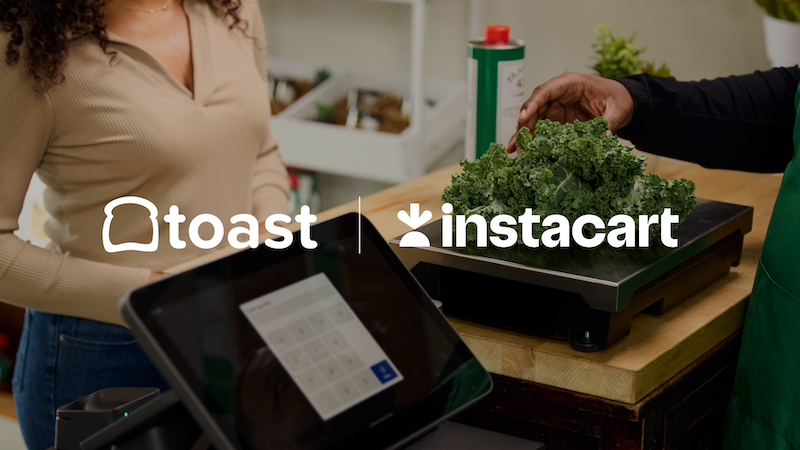
Continue reading…